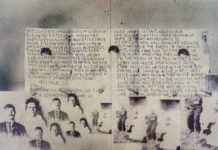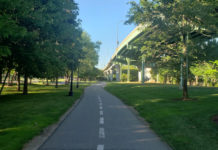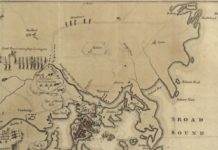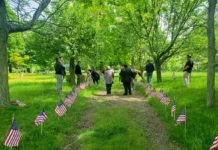Lupo’s world gone by
Reviewed by Robert Strelitz
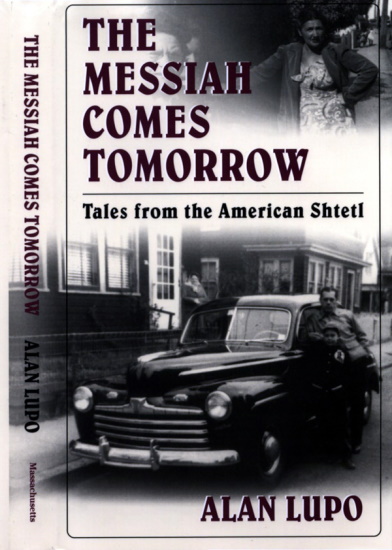
This book of vignettes from the author’s life is small but touchingly evocative of the lost world of second and third-generation Jews whose immediate roots went back to Russia and Central Europe. Before the Nazi Holacaust (often referred to by Jews as the Shoah or consuming flame), literally millions of Jews lived in the lands of pre-war Romania, Czechoslovakia, Poland and Germany. My grandfather, Henry or Heinrich Strelitz was a barber from Strelitz (or Mecklenburg-Strelitz), a Prussian town east of Berlin. Our name was a Polish derivative meaning archer or shooter. Like Lupo’s Jews, Henry Strelitz fled the new nationalistic fever that was gripping Bismark’s new Germany, and which, like the more virulent European nationalisms of the twentieth century, had a distinctly xenophobic caste. This phobia of the “other” in Europe has repeatedly manifested itself against the most handy “other” available, who from crusader times to Nazi times has been the Jew.
Lupo’s Jews live in Dorchester and Revere, Winthrop and Chelsea, Mattapan and Brighton. By today’s sociological standards, they are “blue-collar” but that is hardly the way this group of immigrants thought of themselves. They were salesmen and small shopkeepers, cutters for clothing manufacturers and tailors with their own small shops. Mostly, they considered themselves entrepreneurs in the best American tradition. Largely they were non-union. They had the Jewish value of education, which, combined with the low cost those far-off days exacted for college, enabled their sons and often their daughters too, to get the treasured “sheepskin.” This was before the revolt of the privileged classes that marked the 1960’s college scene. “Relevance” in those days was a concept saved for the movies, not a plastic value used to attack traditional educational models.
Lupo’s memories open with the late 1940’s He was born, like me, in 1938, the year of the Nazi invasion of Danzig, in modern Dansk, where, in a touch of delicious irony, Lech Walesa was to begin the deconstruction of the Nazi’s spiritual heirs, Poland’s communist autocrats.
Like many of us, Lupo and his friends gloried in the exploits of Boston Braves stalwart Sid Gordon.Gordon, and Hank Greenberg of the 40’s-50’s Cleveland Browns and Sandy Koufax of the 60’s Dodgers were great athletes who also happened to be Jewish. They would have been great in anybody’s league, and their exploits dispelled for us kids the image of the bookish, “nerdy” Jew.
In these pages you’ll meet Max, Lupo’s papa, Uncle Saul Rosenberg the butcher, and mother Esther who knitted afghans for everyone. But you will also go with 14-year old Alan to make the required 10th person of a minyan or Jewish religious service, in a little breakaway schul, in a Winthrop that hardly anyone remembers anymore. Lupo’s epiphany from that experience was temporary, but meaningful nonetheless, and we get to experience it along with young Alan. In another piece, Lupo highlights the “doublethink” that allows Jews to be at once reviled as cowards and shirkers of military service, and also demonized as the militaristic oppressors of Middle Eastern Arabs.
Throughout this little volume are poignant evocations of a world gone by, once vibrant, now vanished. It is like other immigrant worlds in many ways, but its flavor is distinct, like the scent of corned beef brisket rising from Pressman’s Deli in a Chelsea of long, long ago.
As the rye bread advertisement of the 1970’s went, you don’t have to be Jewish to love this modest little book.
Robert Strelitz
Copyright 2001 EastBoston.com, All Rights Reserved



